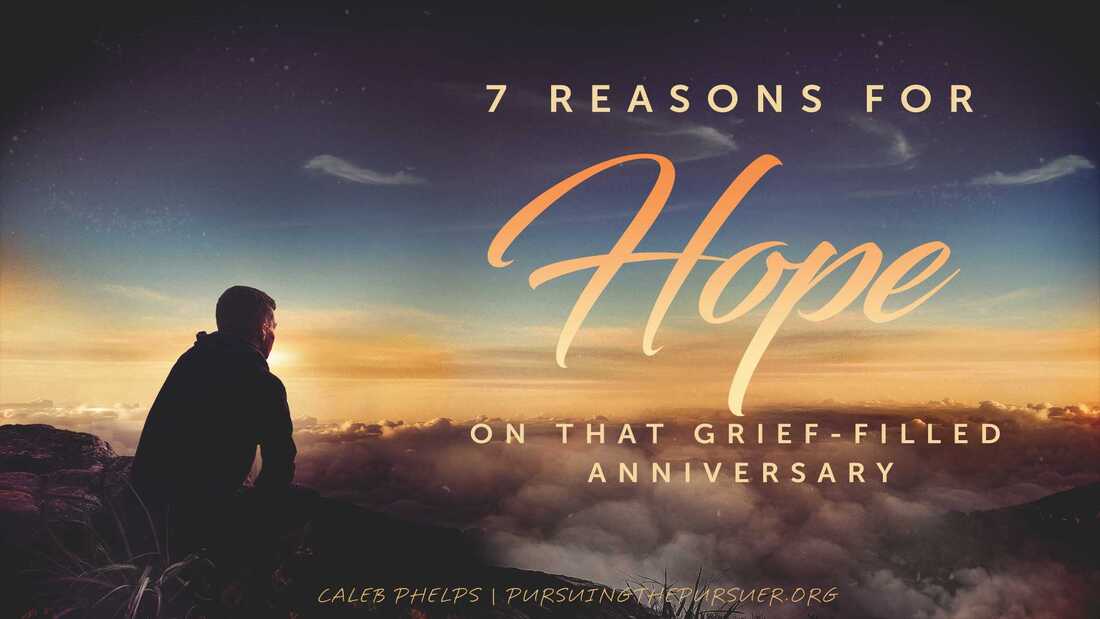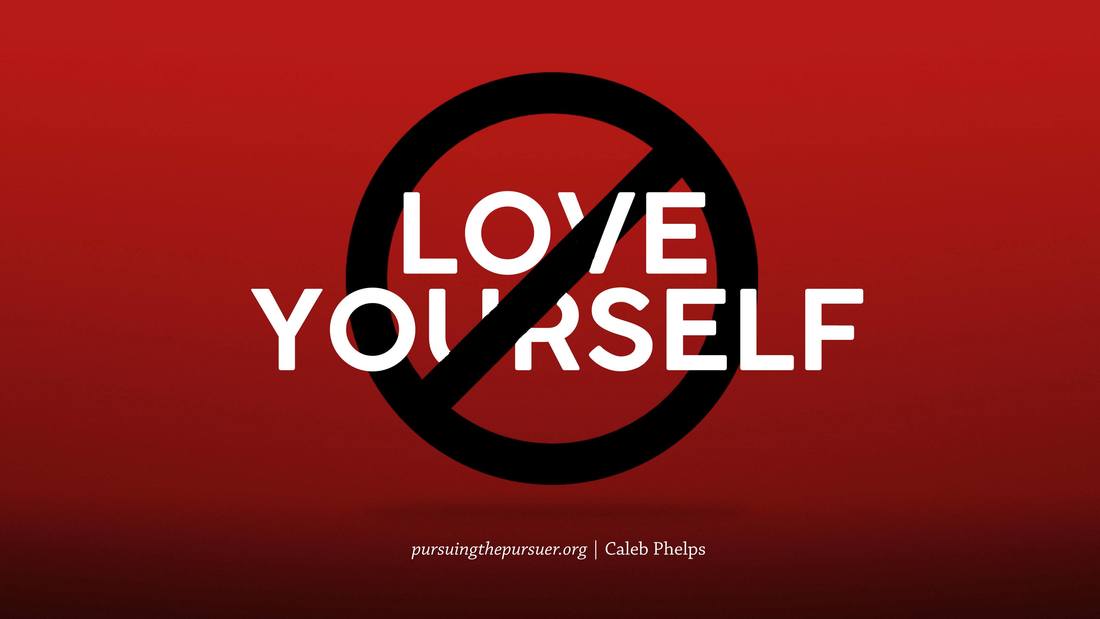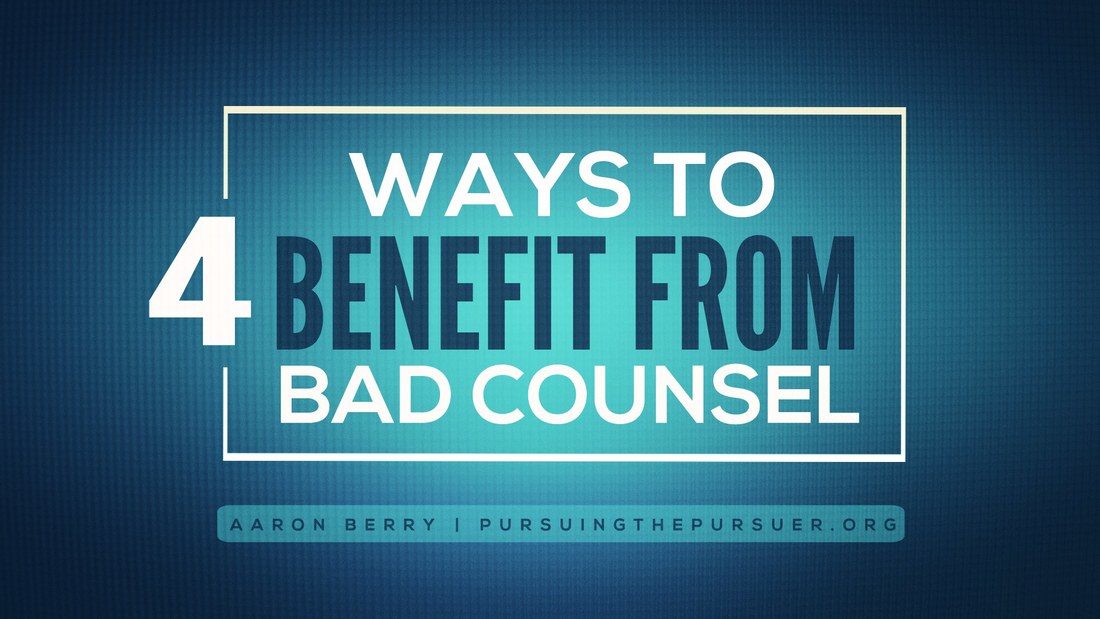|
The day is coming closer. The day you dread every year. The day you wish would never come. If you could just snap your fingers and skip this day completely, you would. The day that will find you constantly thinking about the loved one you lost. Grief is already hard to bear, but facing the anniversary of the death of a loved one can sometimes feel like you are reliving the whole thing again.
Six years ago this Saturday (July 27), my world came crashing down. My brother and best friend, Chad Phelps, was tragically killed in a bus accident that also claimed his wife, Courtney, their unborn baby girl, and one of the youth sponsors also on that bus. Each time this day rolls around on the calendar, I’m reminded of the shock of that day six years ago.
3 Comments
Whether it’s your overwhelming responsibilities, family pressures, or uncertainty about your future, desperate moments leave you feeling hopeless and helpless—drowning in a sea of anxiety. All you want to do is escape, and you’re on the verge of doing something crazy to get out.
Dear Christian Teen,
I’m sure you made some incredible memories at Christian Camp this summer. Good friends, good fun, and new experiences are all part of what camp so memorable! But there’s two things about summer camp that typically don’t last: camp romances and camp ‘decisions.’ Now that your starting up school again, chances are that girl/boy you met at camp has probably moved on, and that life-changing spiritual decision you made after the Thursday evening chapel service has moved along as well. Now you’re back in “normal life,” surrounded by your normal friends and your normal habits. In his book The New Hide or Seek – Building Confidence in Your Child, Dr. James Dobson (of Focus on the Family) promoted a concept that has since been adopted by many well-meaning Christians. Dr. Dobson began his book by reciting the story of Lee Harvey Oswald who was the man that assassinated President John F. Kennedy. According to Dobson, Oswald had been put down, ridiculed, and unloved his entire life. Because of this incessant verbal abuse, Oswald sought to find something – anything – that he could pour his life into. The one thing he could do well was shoot a rifle. Oswald grew so enamored with shooting and so put-down about his own personal worth, that, one thing leading to another, he shot and killed President Kennedy on November 22, 1963. Said Dobson about this sad case, “Oswald never published his early self-doubts and loneliness – nor would we have paid much attention if he had. But in retrospect there is little doubt that the overwhelming rejection of his early childhood led to deep discontent as a teenager, to his twisted adult life, and to his dark destiny” [1]
At one time or another, every one of us has been the recipient of bad counsel from a fellow Christian. It can be a tough thing to swallow advice tainted with inaccuracies, hurtful words, or false assumptions. We all know what our default response is to such counsel. We might get angry at their intrusiveness, be discouraged by their hurtful tone, or even be judgmental toward their judgmentalism. But is there a way to receive bad counsel in a such a way that is beneficial, not only for you, but also for your fellow Christian?
By ‘bad counsel,’ I am not referring to false teaching or heretical counsel which rejects Jesus Christ and his Word. This counsel must be utterly rejected. I’m referring to counsel delivered by a Christian brother or sister that might come across as judgmental, hypocritical, ‘legalistic,’ or insensitive. I understand that there is a time and place to lovingly confront such counsel, but how can we actually benefit from it? Here are four ways that you can make the most of a less-than-ideal counseling situation. |
Popular ArticlesThe Problem With Christian Trump Supporters
How to Have Personal Standards Without Being a Legalist The Heart of Modesty Stop Trying to Reach Millennials AuthorsLike our Facebook page to keep up with the latest articles!
Categories
All
Archives
November 2020
|






 RSS Feed
RSS Feed
